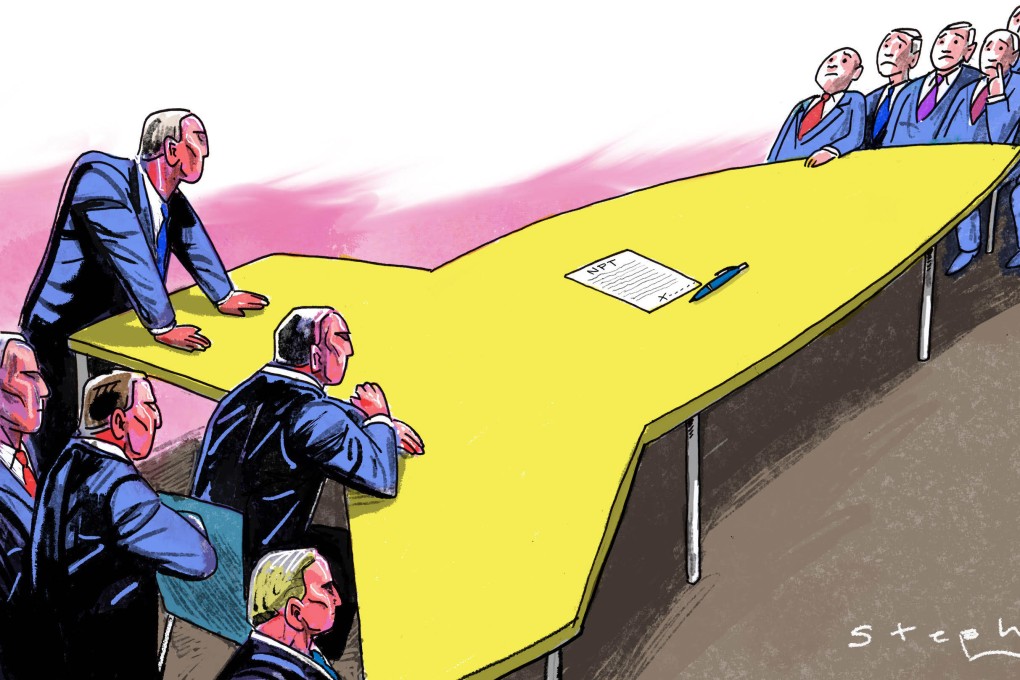Opinion | Amid Ukraine war, gap between nuclear weapon haves and have-nots needs urgent attention
- The NPT Review Conference should address concerns over the failure of nuclear weapon states to make progress on disarmament
- A new treaty, which aims at the complete elimination of nuclear weapons, adds to the pressure on NPT signatories to act more decisively in the right direction

The international conference to review the Treaty on the Non-Proliferation of Nuclear Weapons (NPT) could be one of the most important yet most bitterly contested global meetings in recent years.
The deliberations of the nearly month-long 10th NPT Review Conference starting today in New York will affect how nuclear weapons will be managed in the decades ahead. The choice is between the world moving towards some degree of consensual nuclear restraint, or lurching into a discordant and brittle contest over these weapons of mass destruction.
The global political leadership’s inability to arrive at any meaningful collective response to issues from international trade conflict and climate change to the Covid-19 crisis suggests the nuclear issue will remain intractable, and that the image of a slow-motion train crash may not be misplaced.
